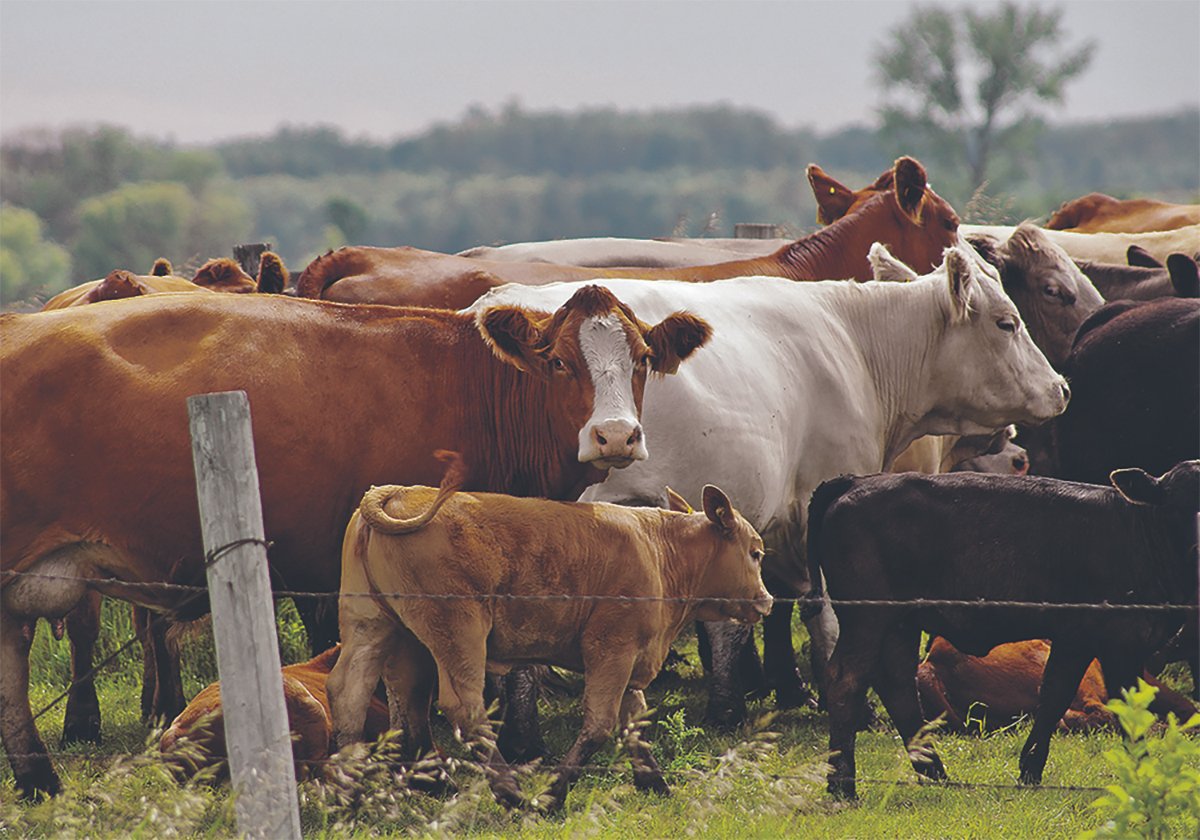“Can I see the story before it runs?”
“No.”
This conversation between journalists and interviewees takes place nearly every week at The Western Producer.
In most media businesses, such as daily papers, television and radio, the question seldom comes up. When it comes to specialty press, such as agriculture, it is a frequent request, and many publications will oblige.
But not the WP.
There are several reasons why we do not show our subjects the stories before publication. Some are logistical, some ethical and all are practical.
Read Also

Cow-calf returns improve dramatically; herd expansion limited
Gross returns for cow-calf producers have outpaced the grain sector in recent years.
The WP is in the news business. The time from interview to writing and publishing might be a day or two at most, and largely is minutes to hours, depending on the story.
With more than 4,400 original editorial pieces each year and only 18 staff, passing them by our subjects would both delay news delivery, making it not-news, and create production bottlenecks.
A reporter writes a story and files it for copy editing. An experienced copy editor checks it and makes style and other corrections and ensures it meets WP standards. A section editor will edit it based on the section’s needs and ensure there are photos, graphics and video, and a layout editor will design the page. The section editor and the news editor will proof it on the page and the editor and managing editor will finally proof and consider any liabilities related to the page before publication. All of this takes a few hours and with multiple stories and reporters.
But that is a small part of why we won’t let our editorial material be viewed before publication.
As readers, most of you wouldn’t want politicians, bureaucrats or business and farm leaders approving stories that involve them. Most of these stories wouldn’t appear at all if that were the case. And we must keep that same standard for every story and subject.
We maintain a code of ethics at the WP that all of our editorial staff members are held to. It states: “Articles will not be shown to sources prior to publication. However, reasonable efforts will be made to ensure that information from sources is factual and in context.
“Complaints will be given full and prompt consideration. Significant errors will be promptly and prominently corrected.”
Give me your thoughts at mike.raine@producer.com.














